High-Tech Naturalism: Pangaia’s Sustainable Fashion
Founded in 2018, global fashion brand Pangaia make minimalist, relaxed lounge and sportswear with a difference. All their fibres and fabrics are made from naturally derived or recycled sources. They also work with some surprisingly unconventional raw materials, including seaweed, wildflowers, mushrooms, fruits and vegetables, many of which would otherwise end up in waste. Working out how to recycle and transform discarded waste products into luxurious materials involves in-house high-tech bio-engineering, which Pangaia’s chief innovation officer Amanda Parkes calls ‘high-tech naturalism’. She says, “Making materials out of anything – from bananas, to coffee, pineapples, grapes and apples – this is the stuff we’re really excited about. We want to use up waste produce wherever it appears in nature.”
Pangaia launched their new, ecologically aware brand in 2018 with a vision: to create clean, minimal clothing with as little an impact on the environment as possible. Their name, “Pan” meaning all-inclusive and “Gaia”, the ancient earth goddess, nods towards this deep respect for nature. While Pangaia is a global business with offices in London, New York and Moscow, all their lab work and clothing production happens in Portugal and Italy, areas known for conforming to ethical fair-trade standards.
Like a rising number of fashion brands, Pangaia are committed to working with recycled materials. Many of their sweatshirts are made from repurposed and retired textile scraps, or what they call a “responsibly-sourced, high-quality, recycled and organic cotton mix.” But it is their innovative approach to the production of new yarns and fibres that has really woken up the design industry to a wealth of new possibilities. Pangaia say, “All Pangaia products are vegan. Nothing is made with the skins, hair or feathers of animals, including fur, leather, wool, and silk. All fabrics are either plant-based or lab-grown.”
Among their most daring and successful new products are t-shirts made from lightweight seaweed fibres, which are moisture-wicking, long-lasting, and also fully biodegradable. Another revolutionary breakthrough is Pangaia’s product called ‘flowerdown’, an alternative to goose down which is made from 100% dried flowers. Other materials on their roster are leathers made from pineapple leaves, grapes and mushrooms, and a new brand of softer denim, crafted from Himalayan nettle. The vibrant colours you see on Pangaia’s website are the result of dyes made using flower, plant, fruit and vegetable extracts in a lab. They even treat all their products with a peppermint oil infusion, known for retaining vibrant colour, and for keeping clothes cleaner for longer.
Pangaia sees this diversity as an important step in making sure we don’t deplete the world’s natural resources. Parkes draws on the production of cotton as an example, saying “There’s nothing wrong with cotton itself. It’s about our systems. We’ve over-industrialized it. We’re killing the ground it grows in and everything that grows around it. We have to find alternate solutions, and it’s not that we’re looking for a single alternative, because that’s actually the problem. The solution is biodiversity.” What all this radical, ground-breaking work proves is that it is possible to produce a range of virgin materials in ethical and sustainable ways, without causing lasting damage to the planet.
Perhaps unsurprisingly, Pangaia are also conscious of how they market, package and sell their products. They only use recycled and compostable TIPA packaging, and they have recently joined forces with the company Renewal Workshop, which encourages buyers to give their garments a second life, either through being sold on second-hand or recycled into something new. While Pangaia are well aware that they are still a global fashion brand producing consumer goods for a worldwide audience, they also see it as their mission to change the way wearable garments are made, distributed, and given new life. Parkes says, on one hand, “We’re a fashion company. We’re making objects.” But she adds, “… there’s a conversation around fashion that can be used to point toward a positive solution. That’s what I want Pangaia to do.”
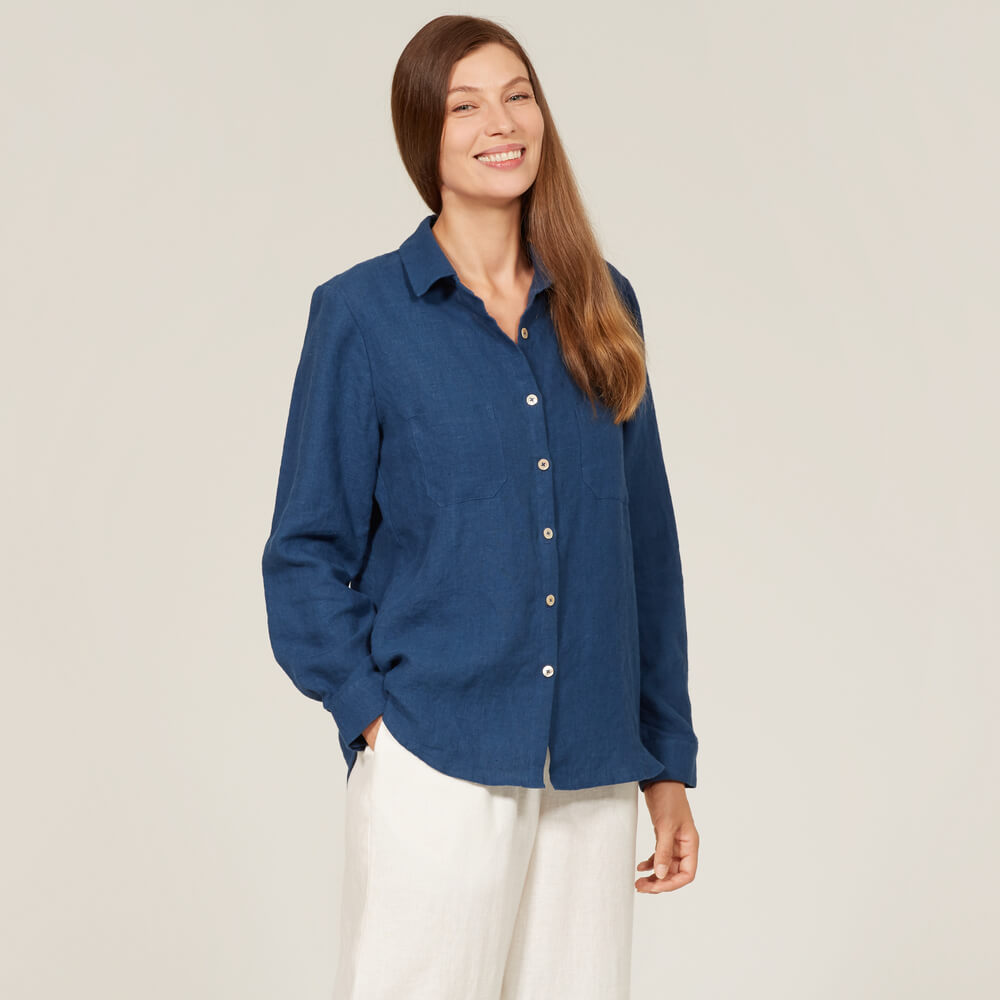

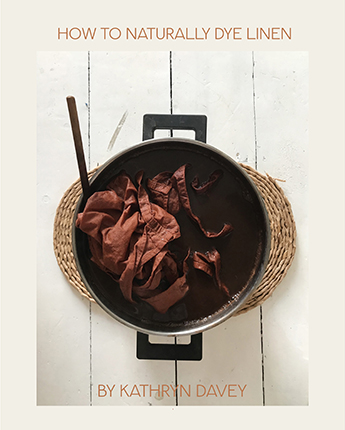
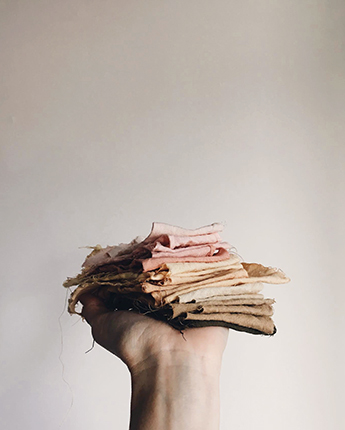


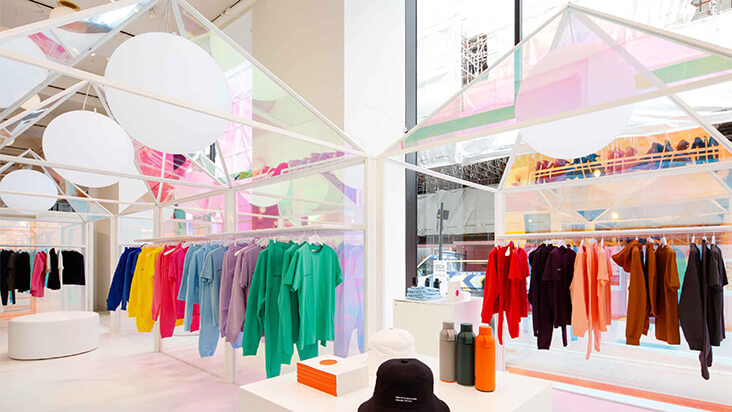
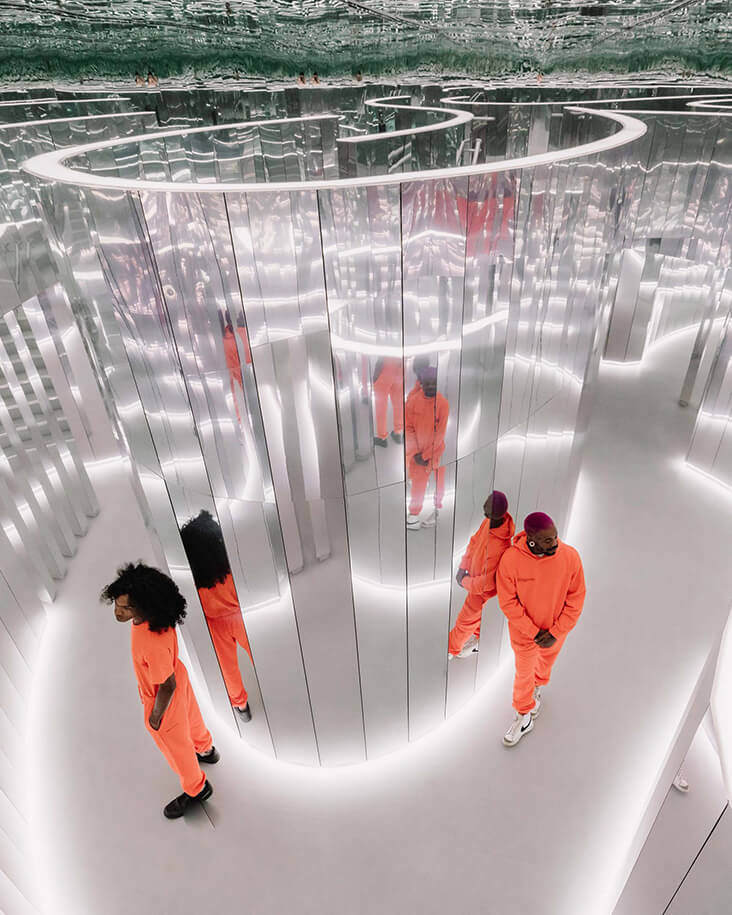
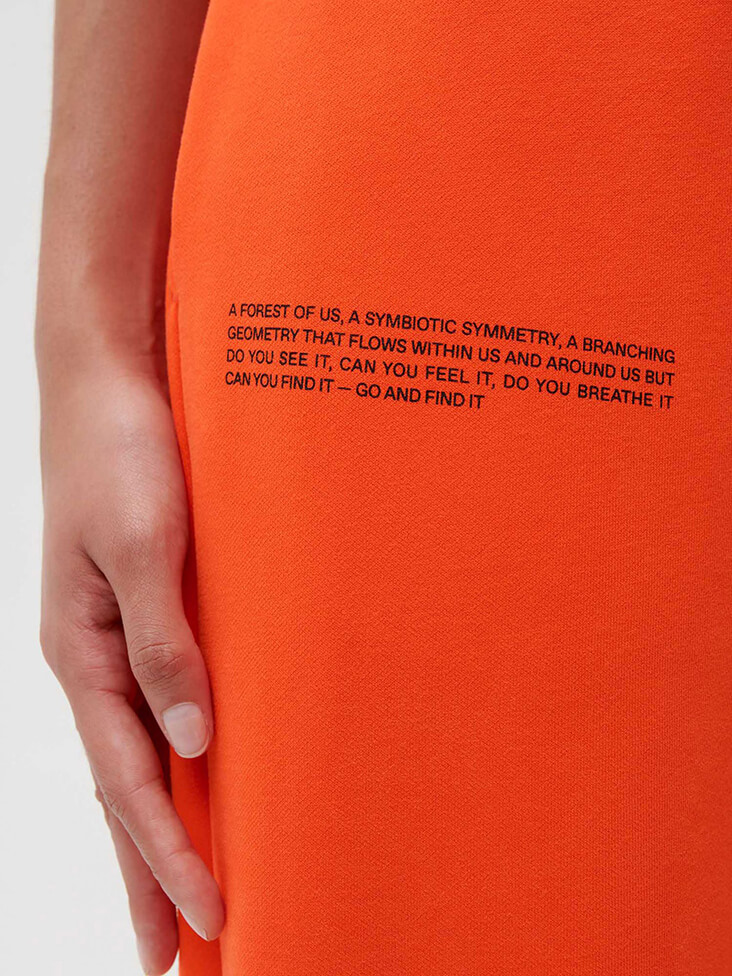
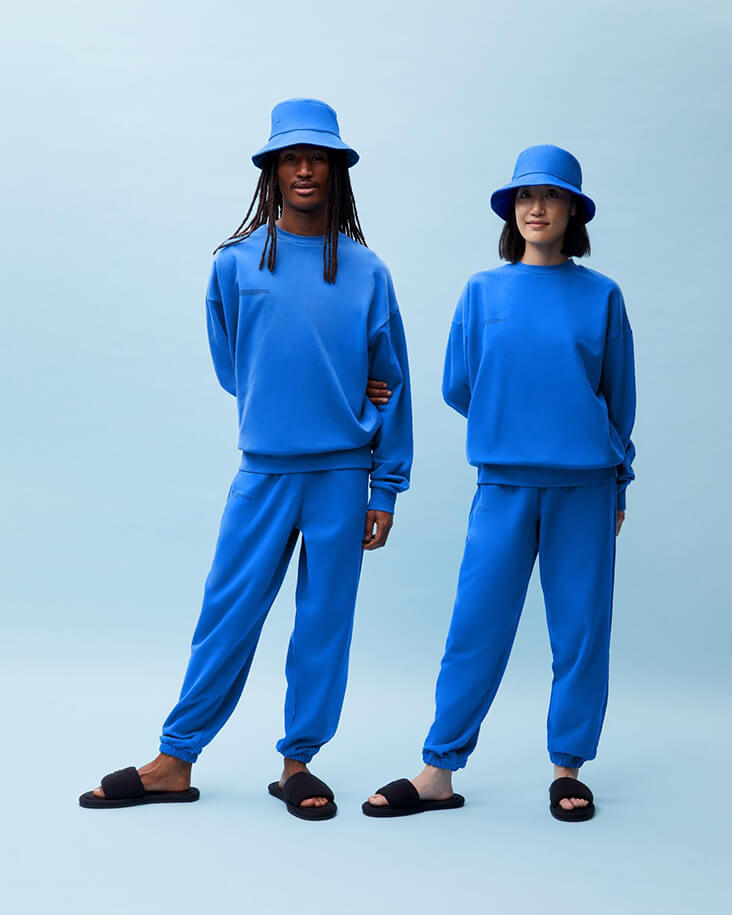
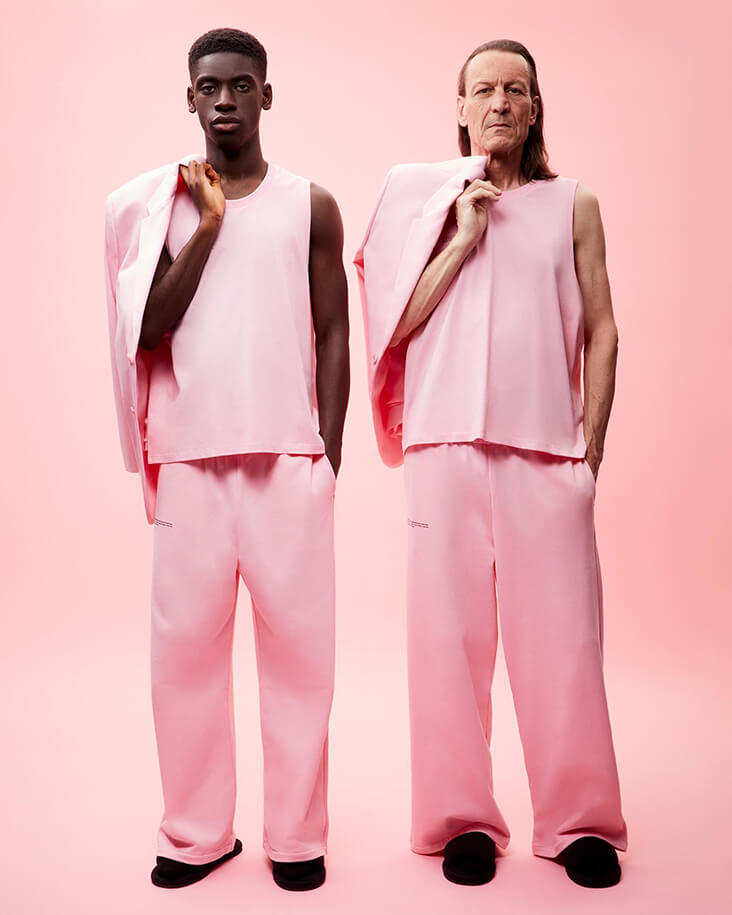
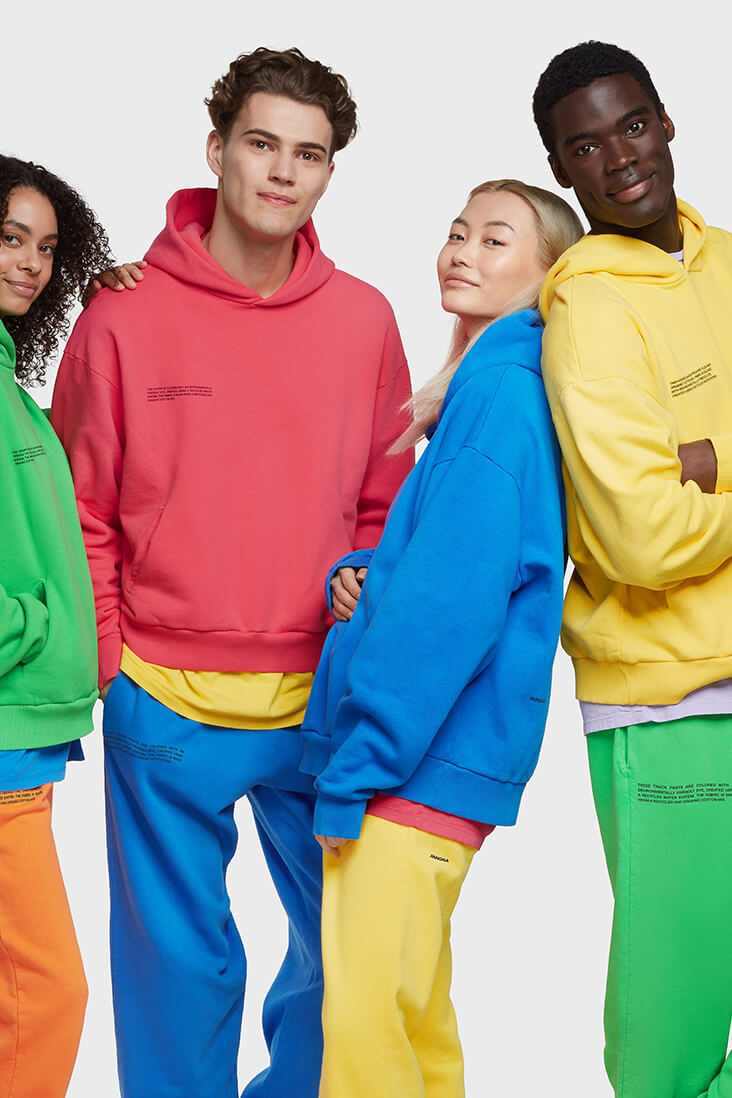
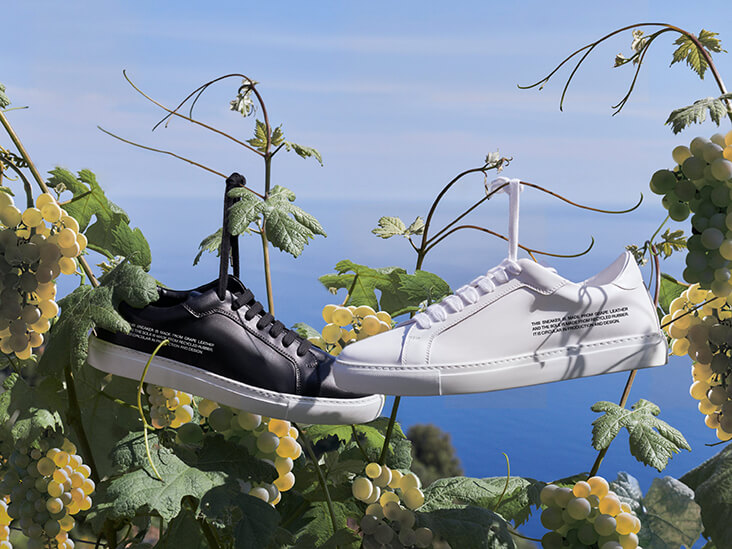
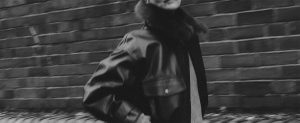
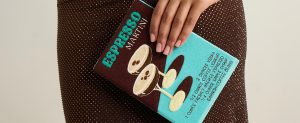
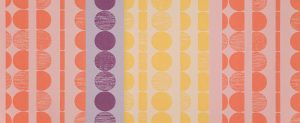
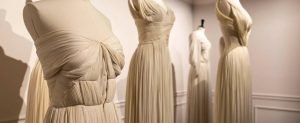
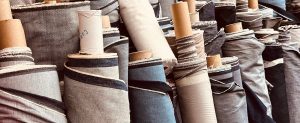
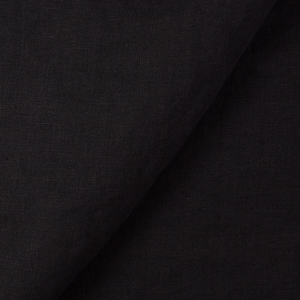

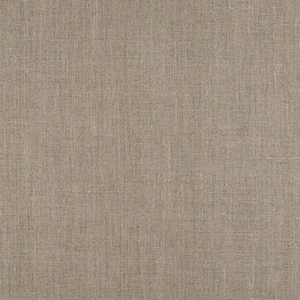
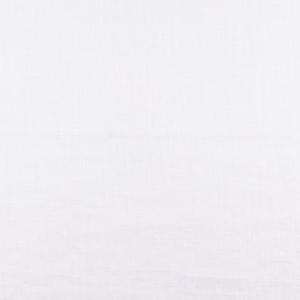
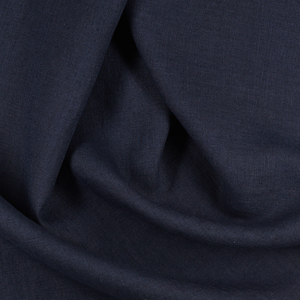
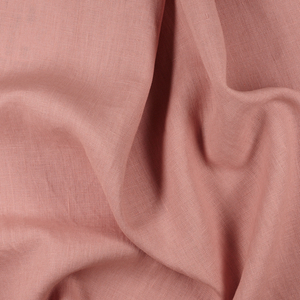
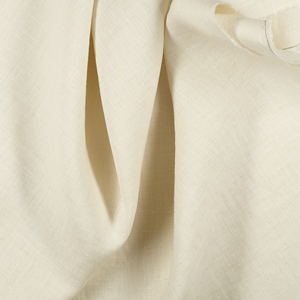
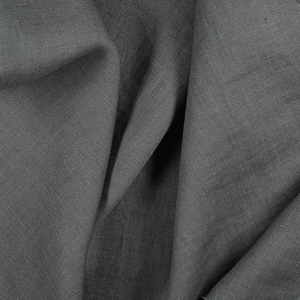

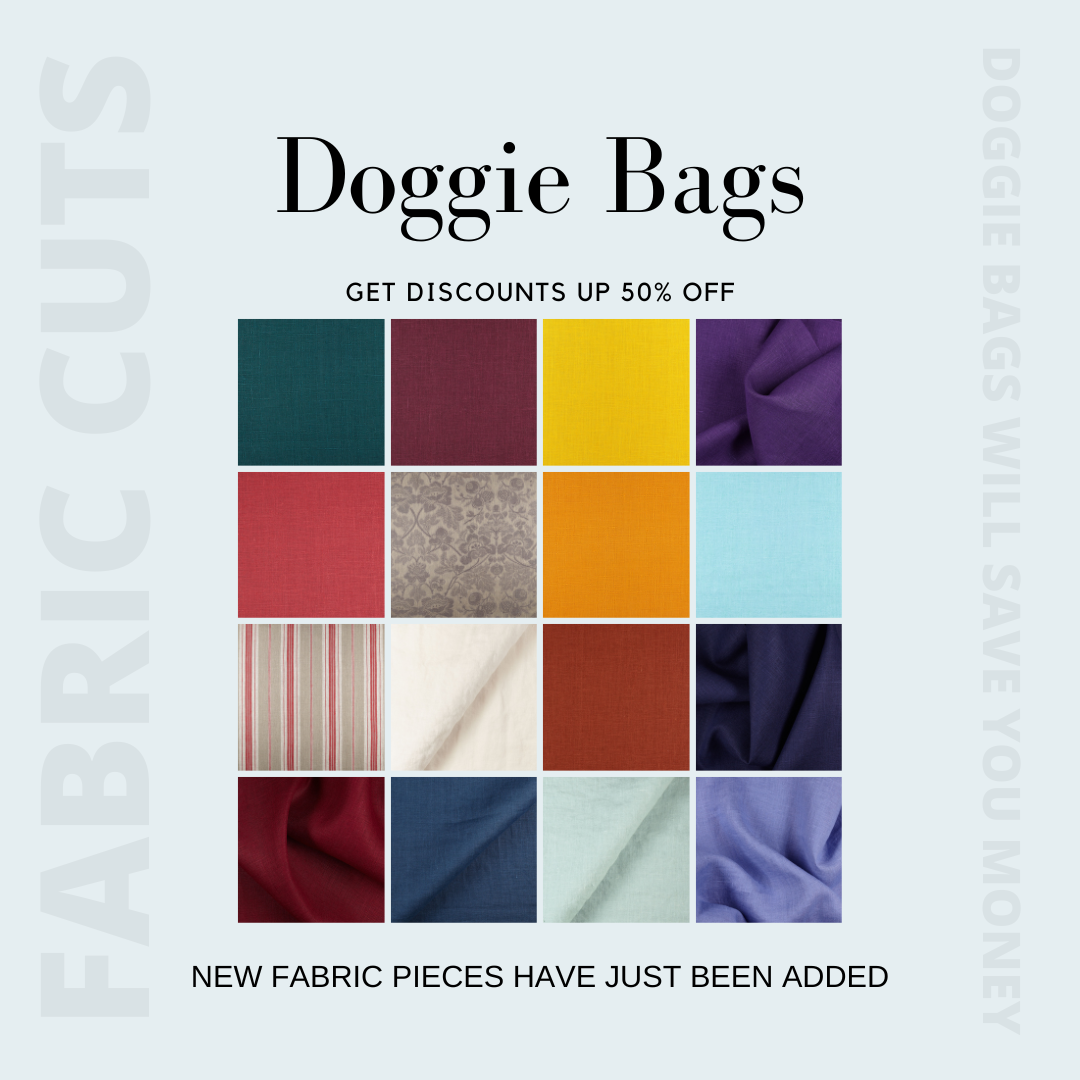


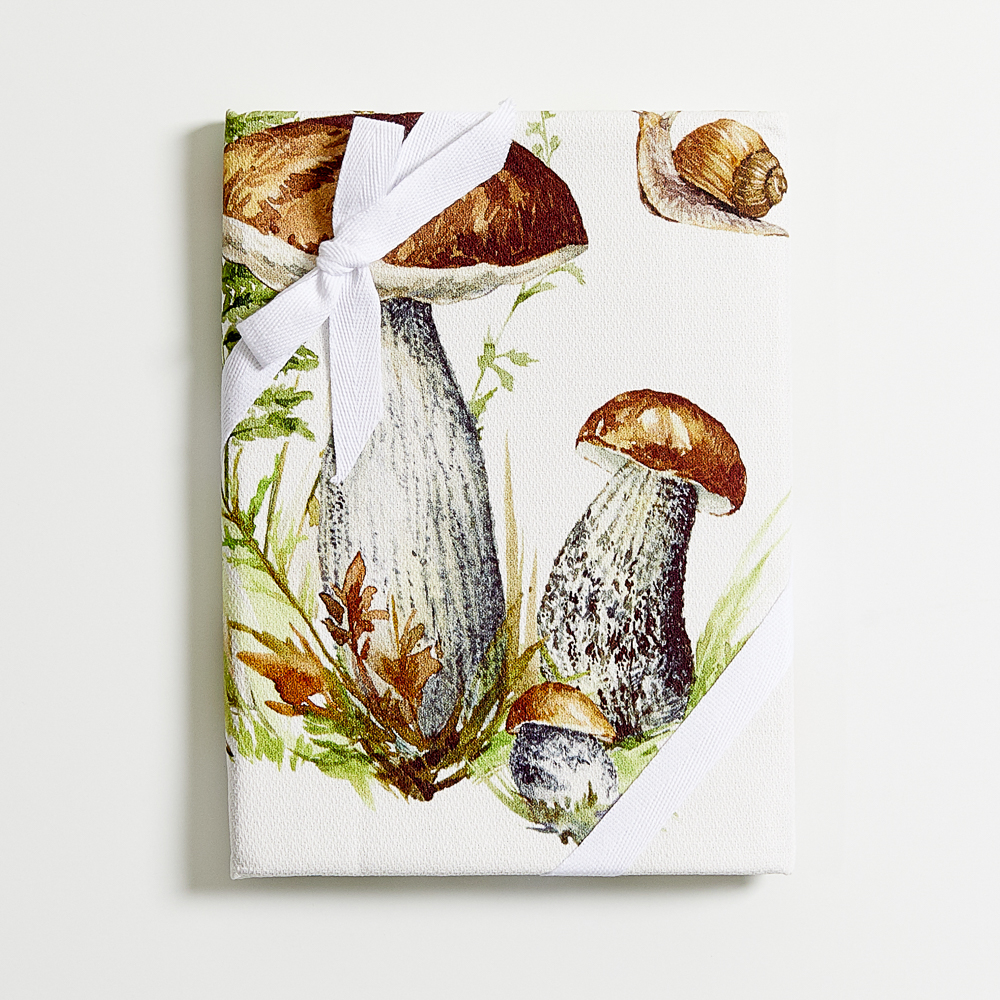


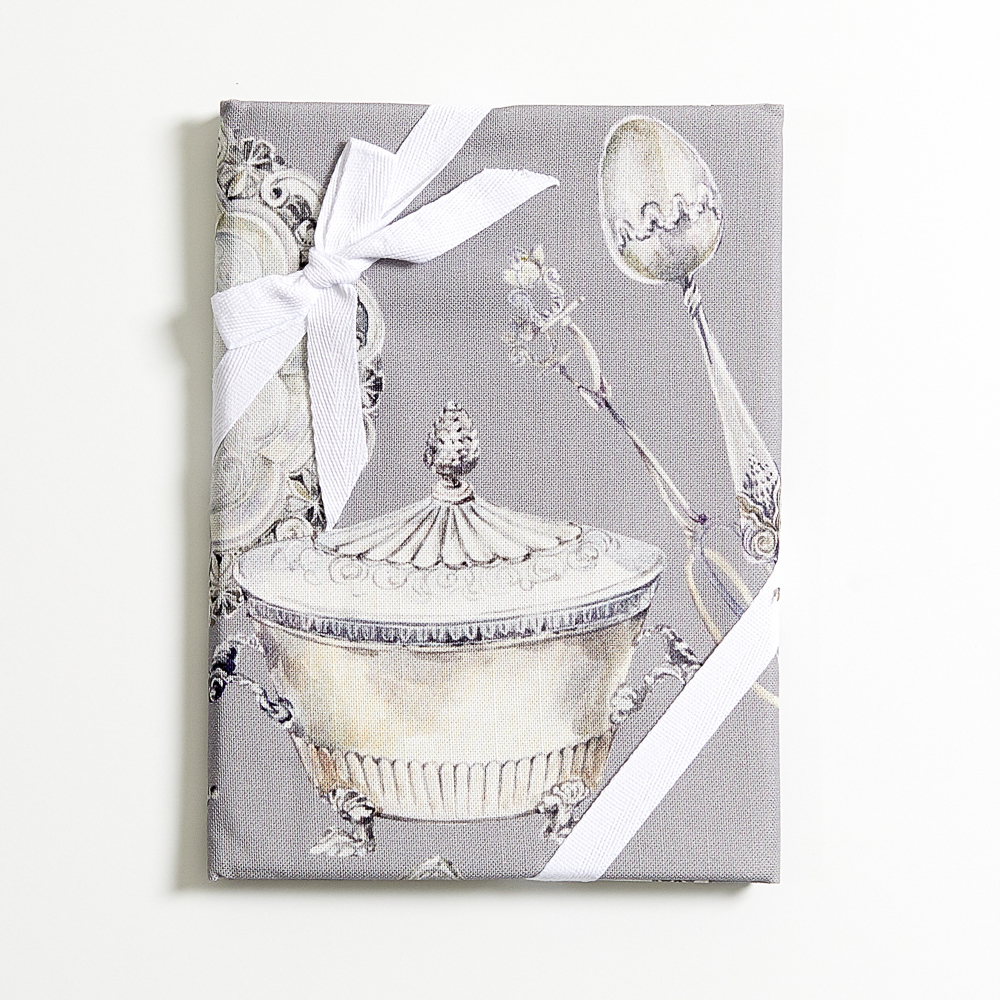

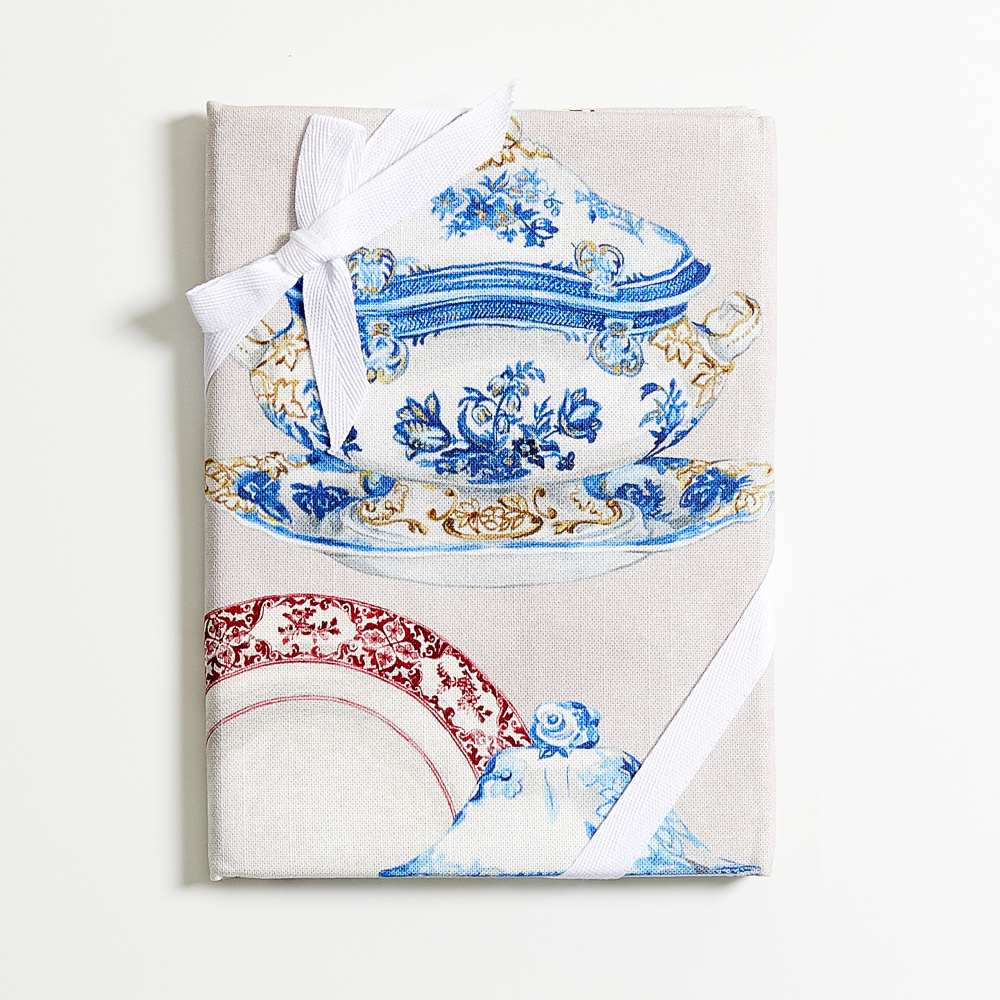

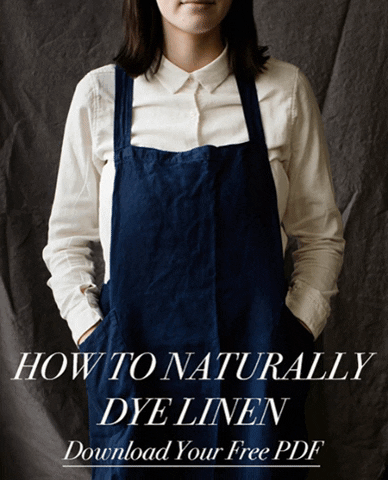
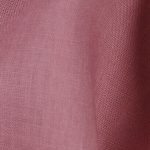
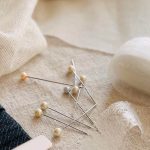
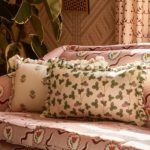
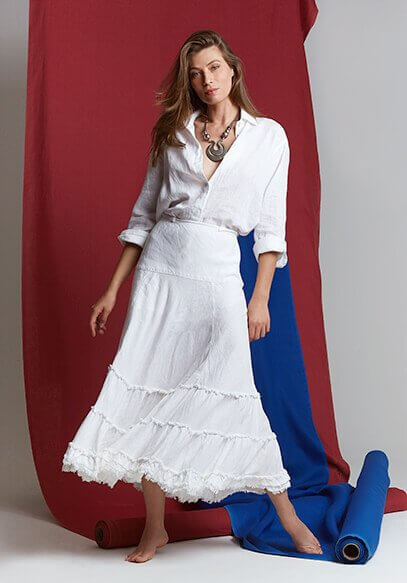
One Comment
Marie Weber
Thank you for sharing, this is interesting and Pangaia asks some important questions about the fashion industry.
I fully support anyone’s choice to live a vegan lifestyle, but it makes me wonder, have they asked themselves if PLANTS deserve to live? Why do they draw a line between plants and animal products? Does shearing a sheep’s wool kill the sheep?
Does harvesting seaweed kill the seaweed?
I’m curious what other type of synthetic materials they have to use to get pure white “leather” out of grapes. Maybe none, I don’t know.